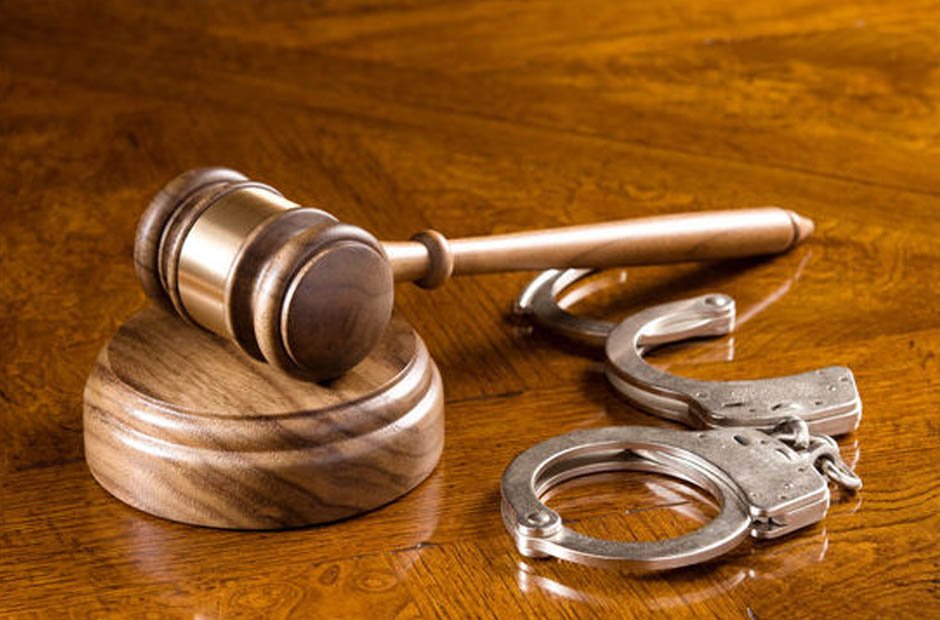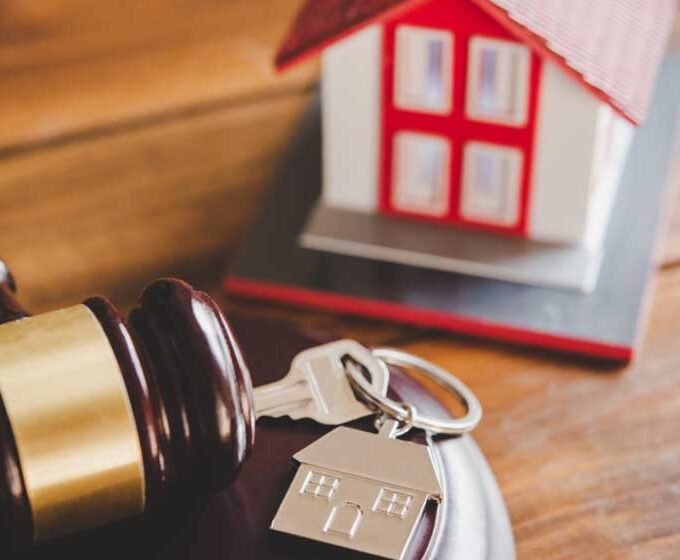There are many aspects of law and in this article, we take a look at criminal law, specifically, what you should do in the event you are charged with a criminal offence. As you probably know, law can be very complex, not to mention the sheer terror that being arrested can bring, and with this in mind, should the unthinkable happen and you are charged with a criminal offence, please read on.
When charged with a criminal offence, it would be one of the following.
- Complaint & summons – This charge can be delivered without the need to go to a police station; when receiving this charge, you would be informed on your court date.
- Notice to appear – This form of charge is normally delivered by the police and it might not describe the particulars of the offender.
- Arrest – If you are ever charged with a criminal offence, you will be arrested; this does not mean you are guilty and it doesn’t mean you are going to jail. Some serious offences require the charged person is remanded in custody; otherwise you would be bailed to appear in court at a later date. The arresting officer must read you your rights when you are charged and you should acknowledge that fact. One thing you should immediately do is contact one of the Sydney-wide criminal lawyers who would advise you to say nothing until he or she arrives on the scene.
There are two types of offences, summary and indictable; a summary offence is a minor offence, whereas an indictable offence is more serious – rape, assault or murder are good examples and in such cases, the police typically object to bail because of the seriousness of the offence. The defendant could interfere with witnesses or evidence, while a judge may deem the charged person as a flight risk.
Criminal lawyer
Upon arrest, the officer will remind you that you have the right to contact your lawyer and if you cannot afford a lawyer, the state will provide one at no expense to yourself. Other than stating your name and address, you should not say anything until you have spoken to a lawyer and you should also read the charge sheet to ensure that you fully understand the charges you are accused of. Click here to learn about occupational claims and the legal aspect.
Preparing your defence
Whether you are on bail or in custody, you need to decide your plea (guilty or not guilty) and with the help of your legal counsel, prepare your defence. You are informed of your court date, which might be a magistrate court or a serious offence would be heard by the supreme court or district court.
It can be very stressful when a person is arrested and you should not panic; keep a clear head, say nothing and request a call to your lawyer.
















